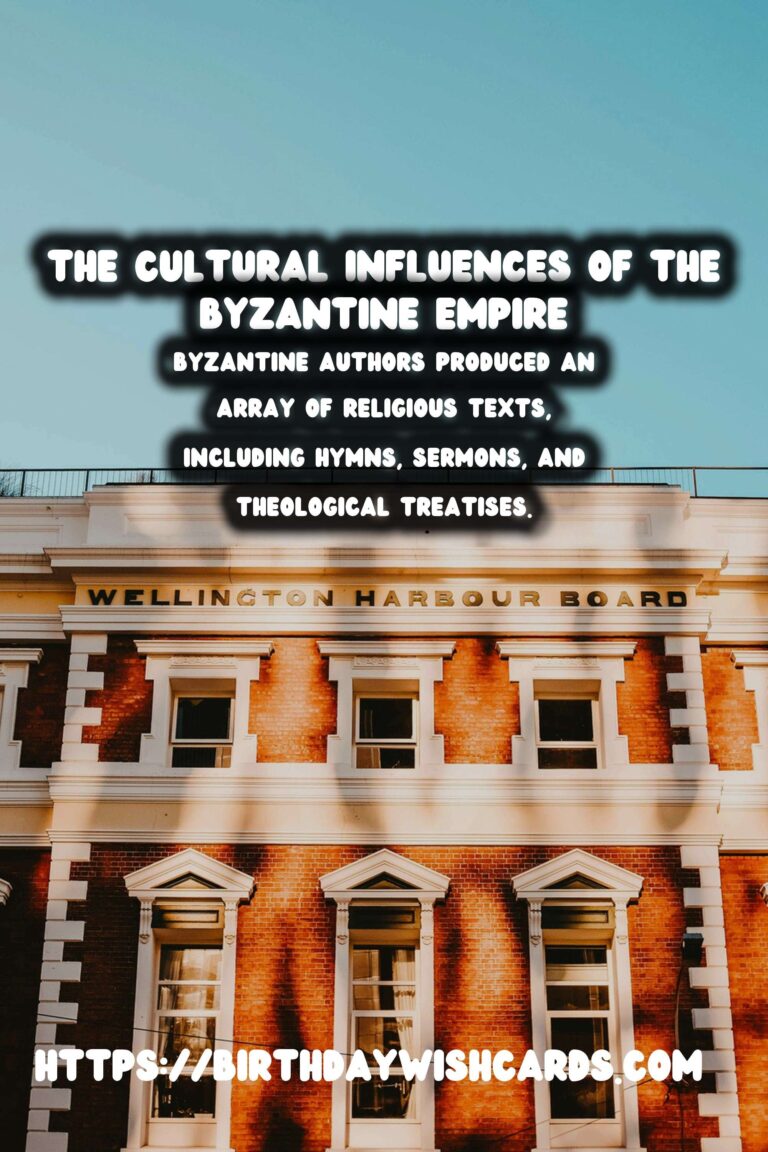
The Byzantine Empire, an enduring entity that connected the ancient and medieval worlds, played a pivotal role in shaping the landscape of literature. As the eastern continuation of the Roman Empire after the fall of its western counterpart, Byzantium became a bastion of culture, preservation, and scholarly pursuit. This thriving empire not only upheld classical traditions but also cultivated new literary forms and ideas that continue to resonate through time.
Preservation of Classical Texts
One of the most significant contributions of the Byzantine Empire to literature was its role in preserving classical texts. As barbarians overran the western Roman Empire, many classical texts would have been lost if not for the diligent efforts of Byzantine scholars. They preserved, copied, and annotated works by Aristotle, Plato, Homer, and other seminal authors, safeguarding them for future generations.
These texts, meticulously maintained in monastic libraries and private collections, served as the bedrock of Byzantine intellectual life. Byzantine scholars further enriched these works with their own interpretations and commentaries, thereby extending the knowledge and understanding of these classical masterpieces.
Development of Byzantine Script
The Byzantine Empire also made invaluable contributions to the script and presentation of written texts. The creation of a more readable script, known as the Minuscule, in the 9th century became an essential advancement in literature. This script, influential in its clarity and convenience, enabled the more efficient production of texts and facilitated learning and dissemination of knowledge across the empire and beyond.
Religious Literature and the Flourishing of Christian Thought
Christianity was at the heart of Byzantine life, and this is reflected profoundly in its literature. Byzantine authors produced an array of religious texts, including hymns, sermons, and theological treatises, which were essential in shaping Christian doctrine and practice. Iconic figures such as Saint John Chrysostom and Saint Basil the Great produced theological works that addressed both ecclesiastical matters and everyday spiritual life.
This literary focus on religion also bolstered the spread of Christianity throughout Eastern Europe and beyond, as religious texts were not only preserved but widely disseminated across these regions through missionary activities.
Secular Literature and Innovation
While religious texts dominated Byzantine literature, secular works also flourished, reflecting the complexities of Byzantine society and culture. Poetic forms such as the epic, lyric, and didactic poetry were prominent, with works examining themes of love, nature, and philosophy. Authors like George of Pisidia and Anna Komnene are celebrated for their historical writings and prose that provide insights into Byzantine life.
The empire’s vibrant urban centers, such as Constantinople, became thriving intellectual hubs where scholars, poets, and philosophers engaged in debate and literary production, contributing to a rich tapestry of cultural output.
Influence on Renaissance and Western Literature
The Byzantine Empire’s influence on literature extended beyond its own borders and time period. As the empire waned, many of its scholars fled to the West, carrying with them precious manuscripts and knowledge that would later become a cornerstone of the European Renaissance. This migration of intellectual capital invigorated Western learning, contributing to the revival of classical studies and the flourishing of humanities during the Renaissance.
The translations and commentaries carried out in Byzantium provided a foundation for Western scholars who would build on these works, further advancing scientific and philosophical inquiry in Europe.
Conclusion: A Legacy of Literary Excellence
The Byzantine Empire’s impact on literature is immense and enduring. Through its preservation of classical texts, development of writing scripts, production of religious and secular works, and its subsequent influence on the Renaissance, Byzantium has left an indelible mark on the literary world. The rich tapestry of Byzantine literature continues to be a testament to the empire’s dedication to learning, culture, and intellectual pursuit, leaving a lasting legacy that resonates through modern times.
The Byzantine literary tradition exemplifies a remarkable synthesis of classical and Christian thought, offering valuable insights into the cultural and historical dynamics of a pivotal era in human history.
The Byzantine Empire played a pivotal role in shaping the landscape of literature. Byzantine authors produced an array of religious texts, including hymns, sermons, and theological treatises. 
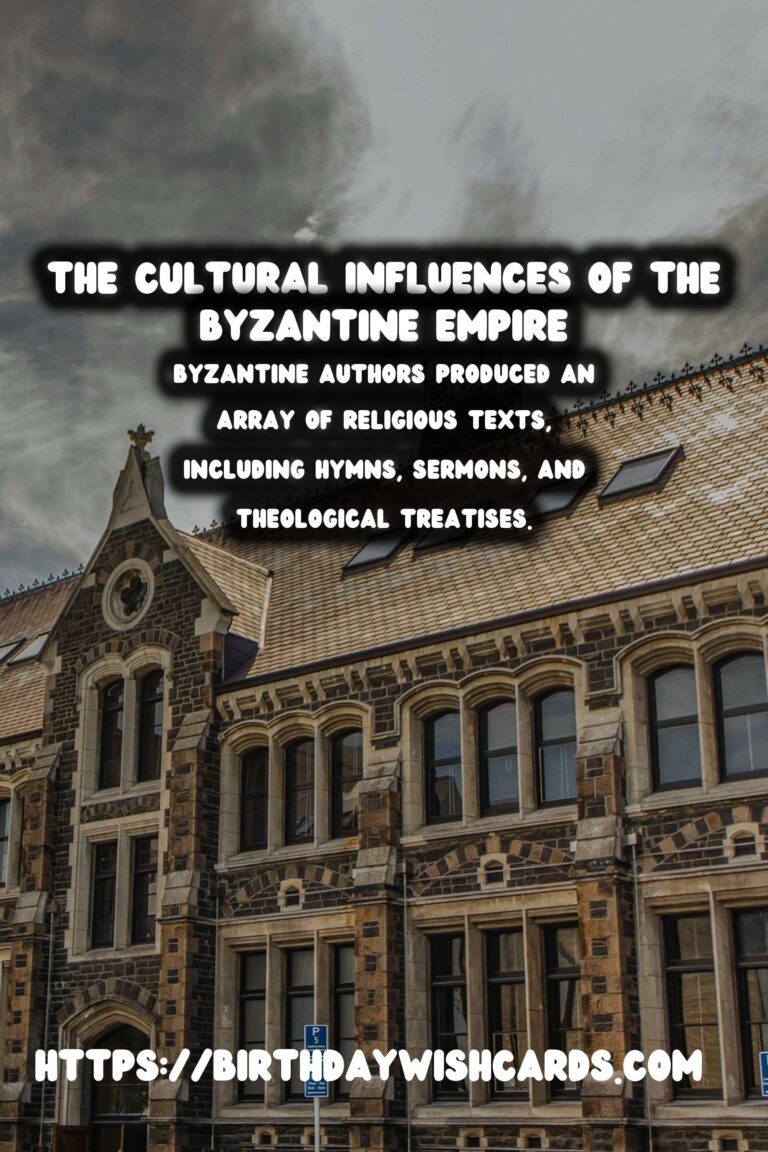
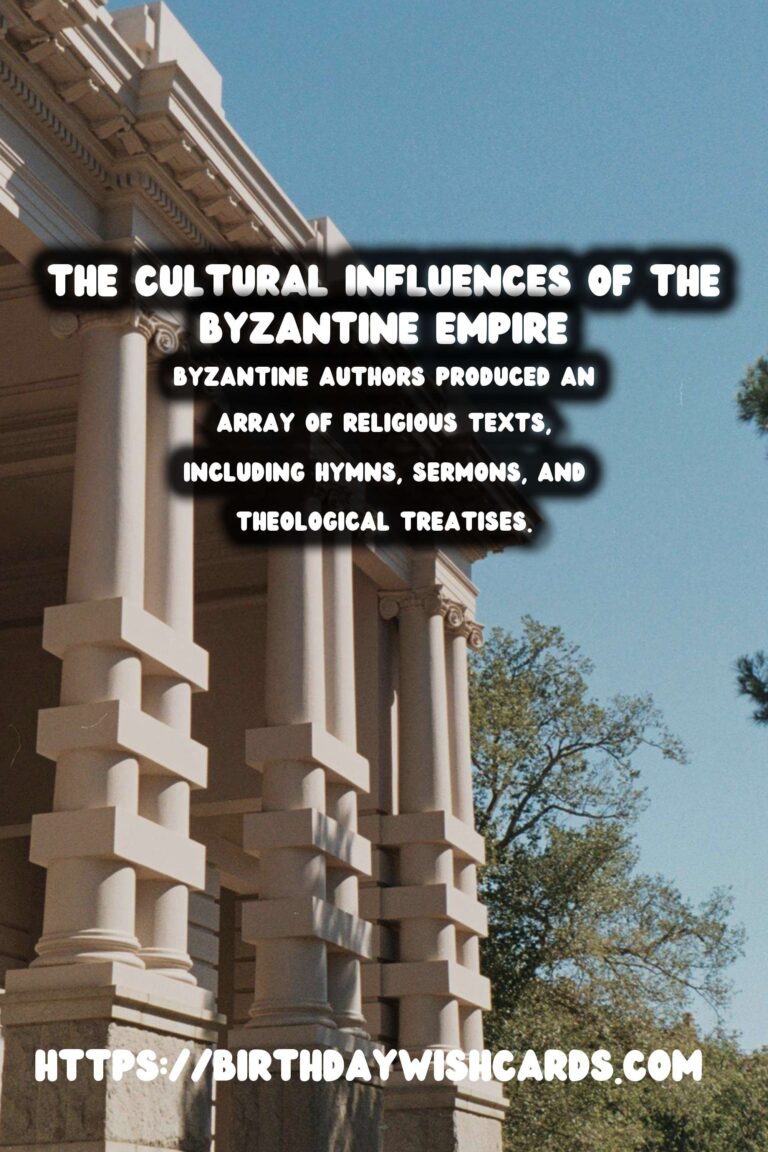
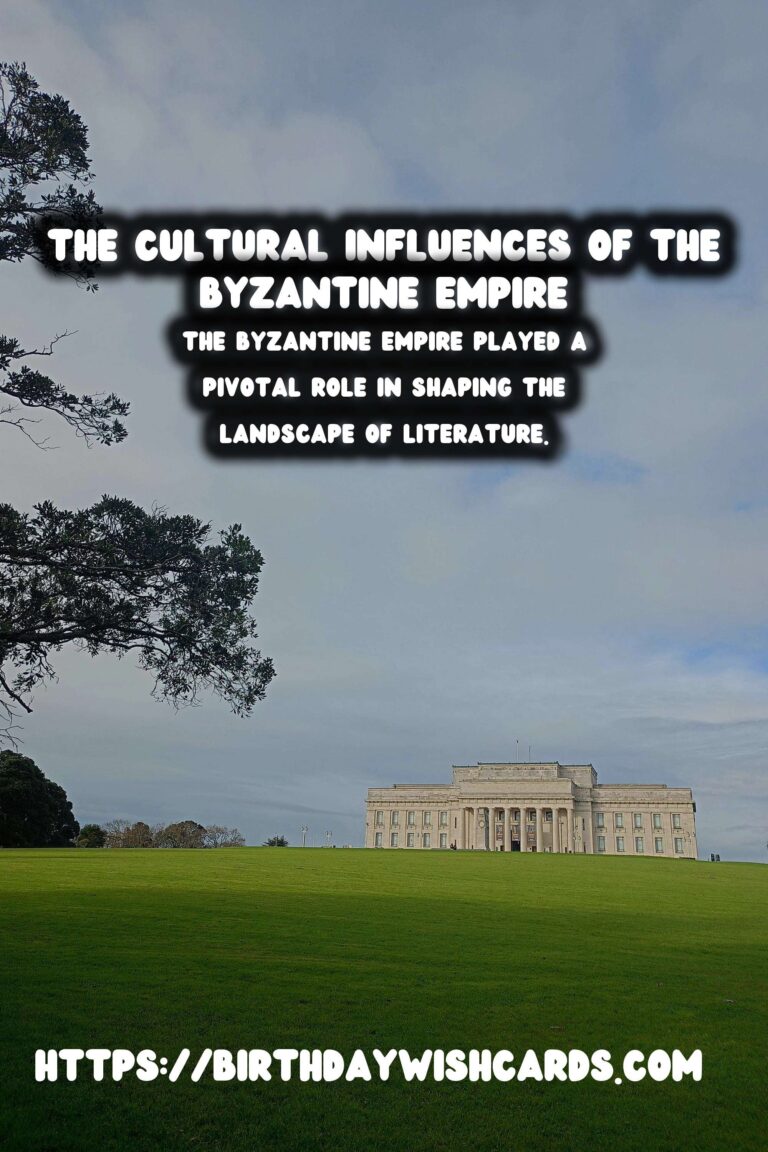
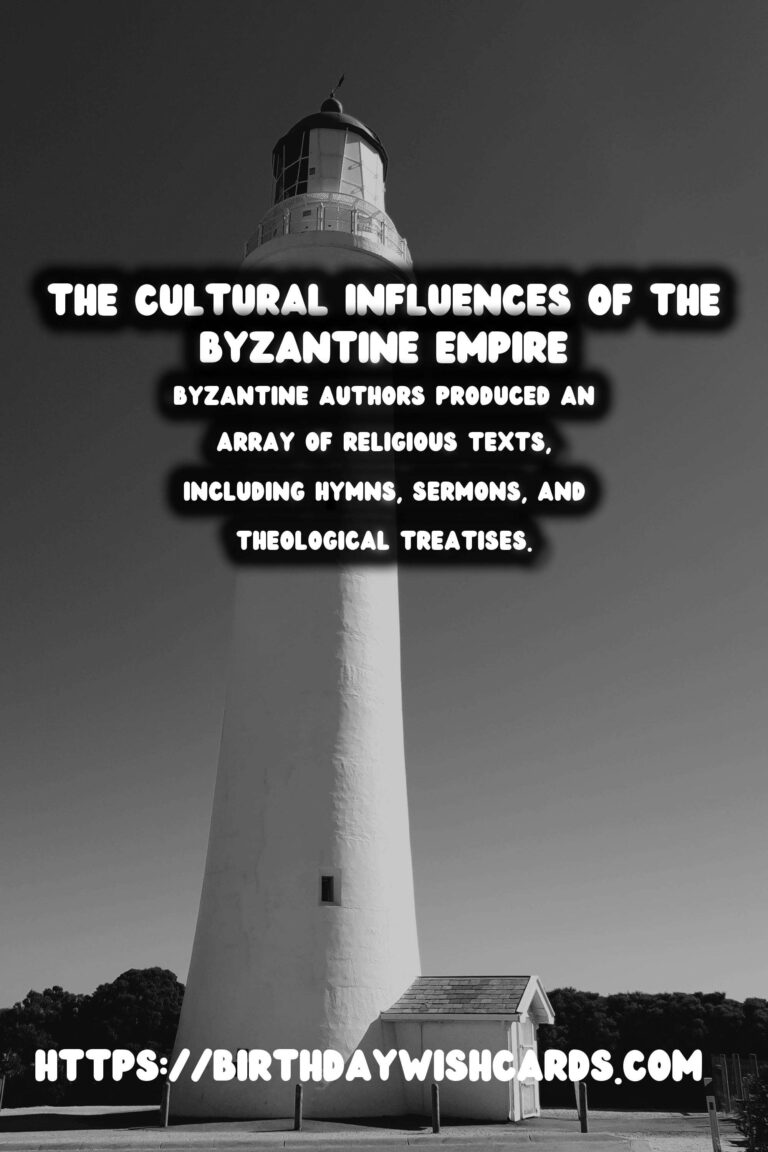
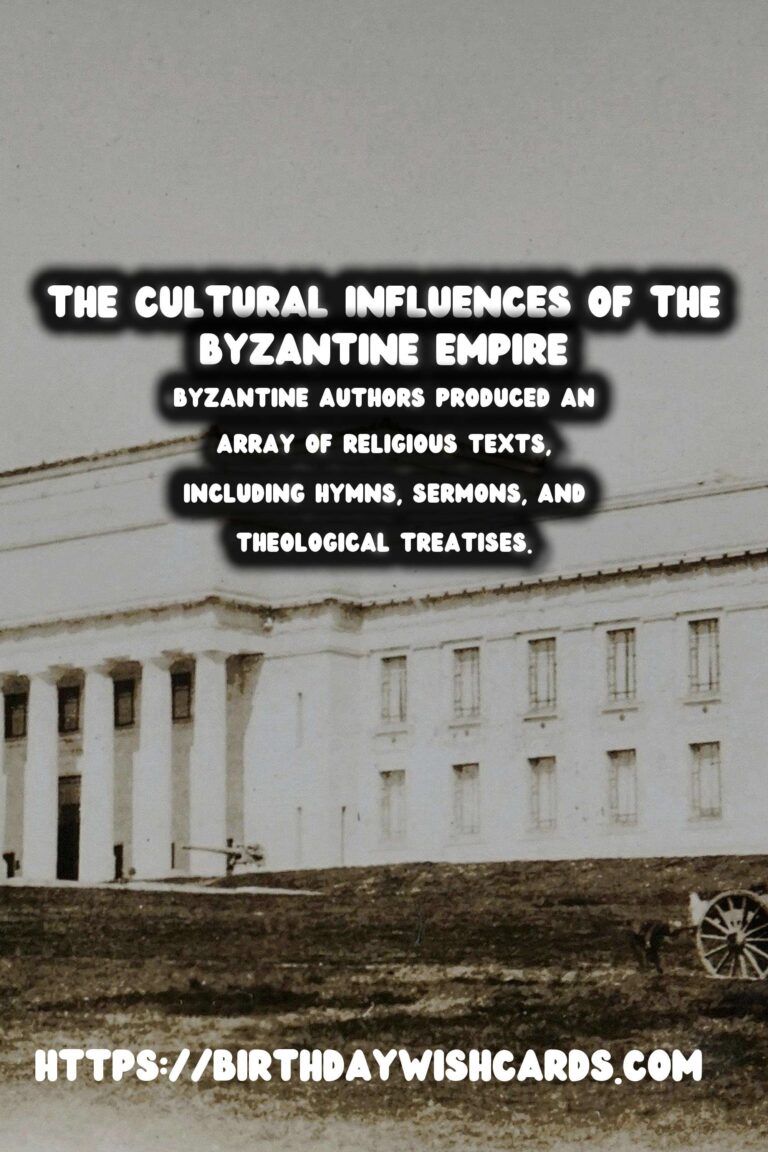
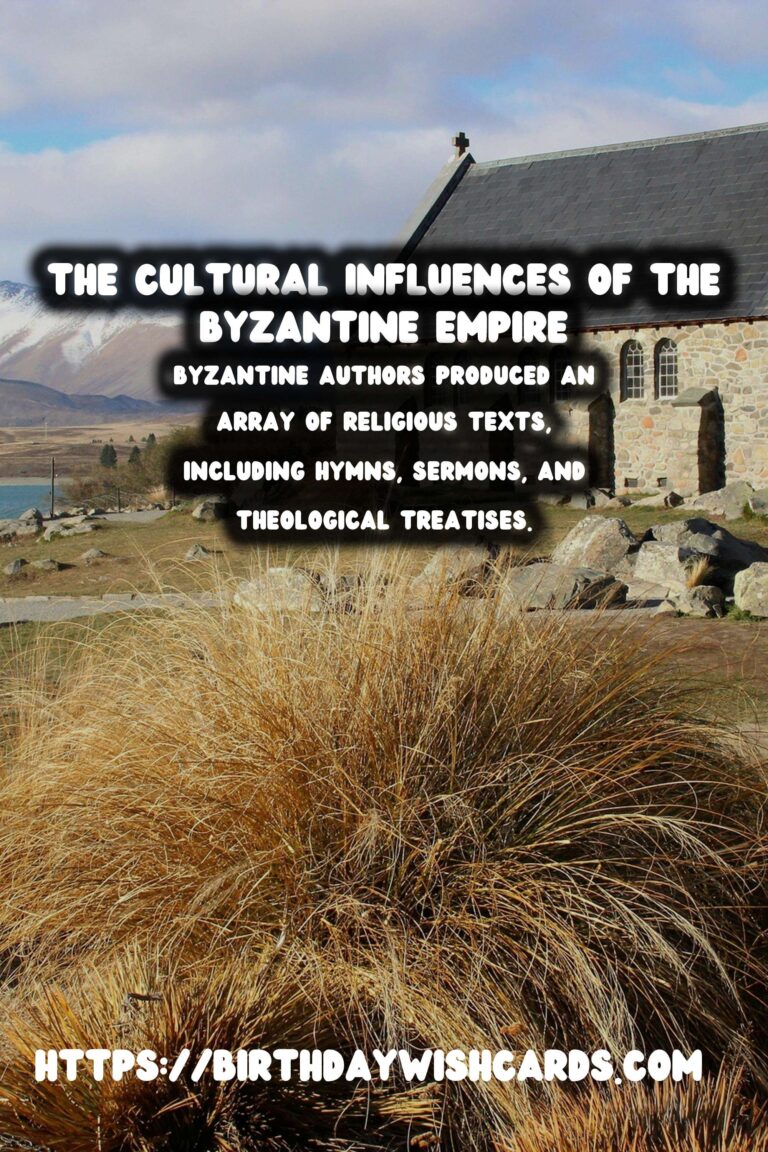
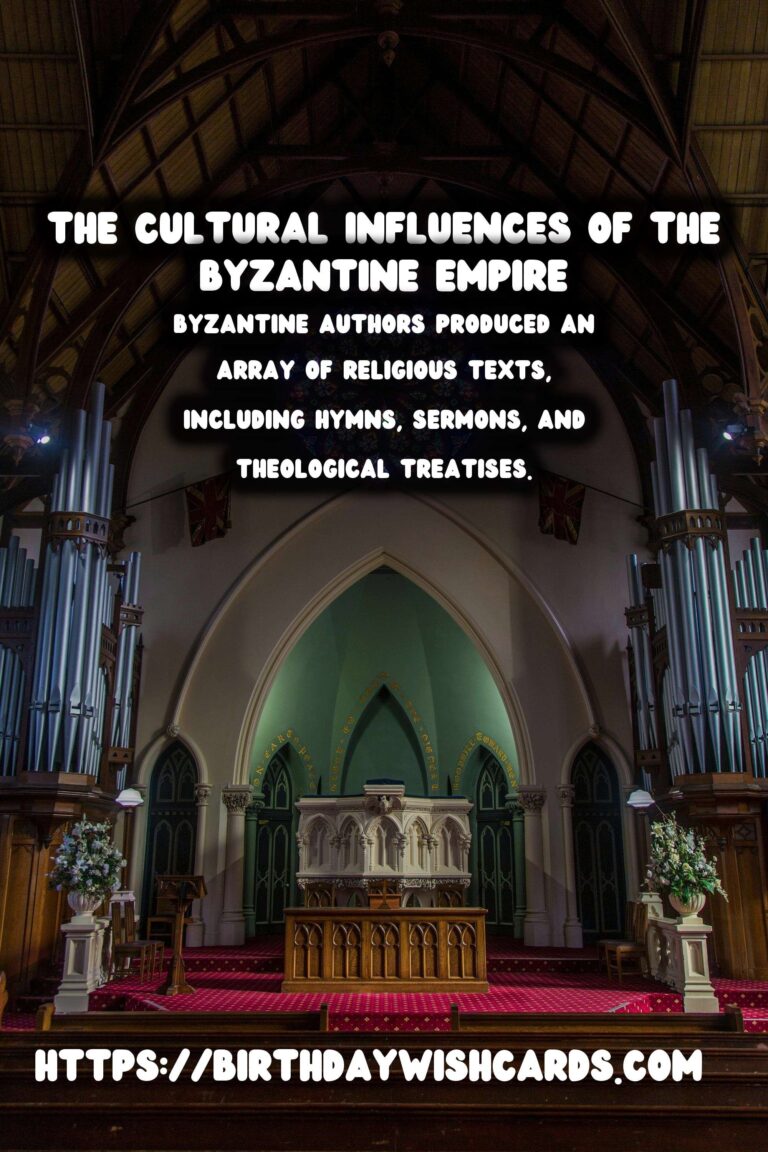

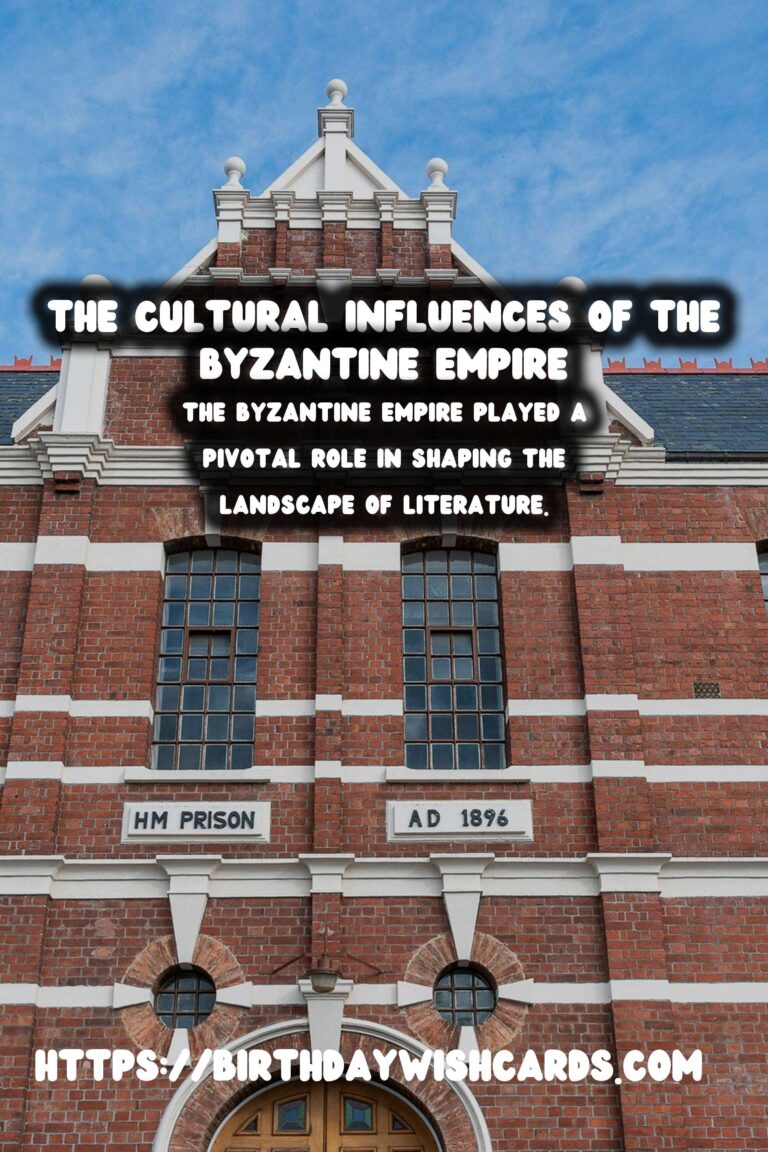
#ByzantineLiterature #CulturalLegacy




